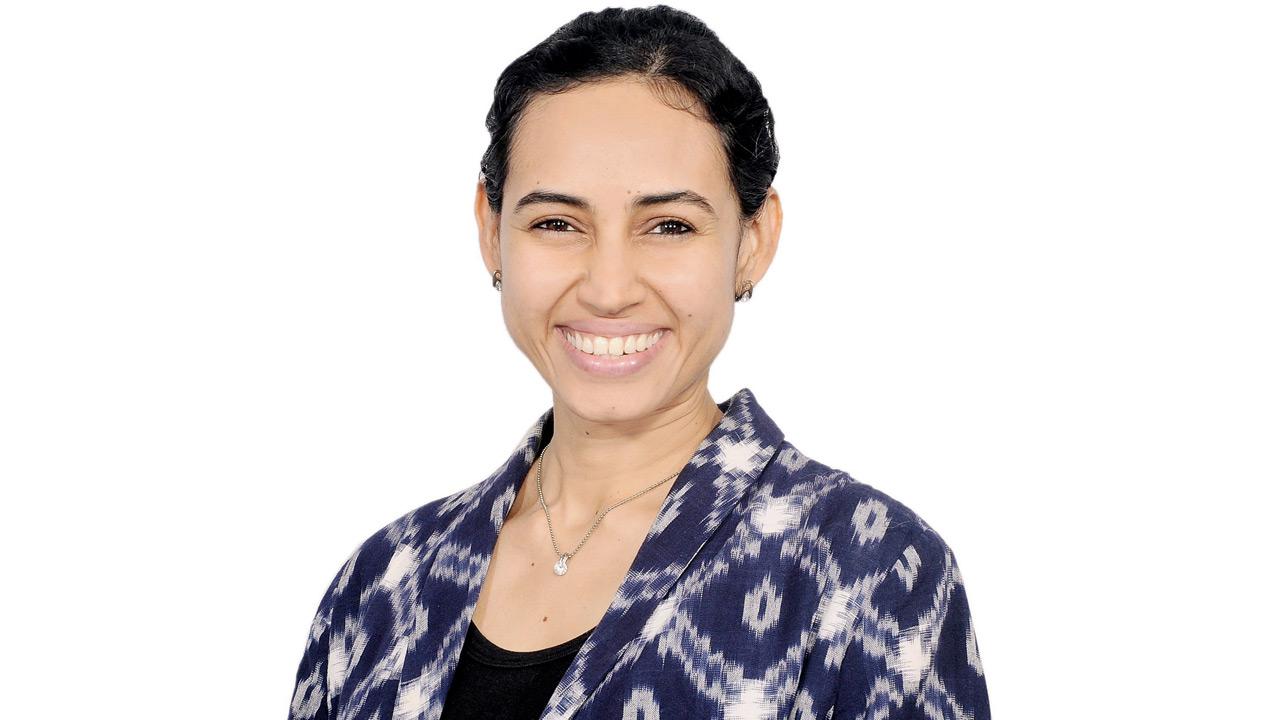Looking to command respect as a leader? Three experts share key pointers for those in leadership roles, and also bust a few myths related to executive positions

Dhoni speaks with Mitchell Santner (left) during an IPL Twenty20 match in 2019. PIC/AFP
After announcing his decision to resign as captain of Chennai Super Kings (CSK), MS Dhoni passed the baton to Ravindra Jadeja on March 24, leading up to IPL 2022. In a mid-day interview, ex-CSK and Indian Cricket teammate Kedar Jadhav shared his experience of playing under Dhoni: “The players were willing to do anything for him, he commanded that kind of respect.”
ADVERTISEMENT
‘Not everyone can be a leader,’ seems like an outdated idea when Pearl D’Souza McKenzie, director of PrePearl Training Development in Mumbai — a leadership-building organisation that specialises in team effectiveness — explains that leaders don’t need to emerge from the same mould with the same qualities of being dominant or extroverted. She continues, “Each individual has their unique and authentic style. One may have a quiet strong presence and so, their leadership style may lie in building one-on-one connections rather than being dominant and directive. Leaders come in different styles.”

Leaders should enable solutions from anyone in their team
She emphasises the need to discover individual strengths and leverage them to make an impact — be it in corporate life or within a community. To add to this, Kanchan Rai, a mental and emotional wellbeing coach, focuses on the importance of being considerate towards one’s team, especially when it comes to respecting and safeguarding the mental wellness of members — something that’s often overlooked. To do this, she notes that it is important to be mindful of one’s own wellness first.
Many stepping into leadership or managerial roles aim to elicit similar responses from their own teams. As McKenzie says, “The elements of respect and appreciation become the oil in the gears of teamwork. This enables teamwork that supersedes individual brilliance.” But how do you become this type of leader?
Experts decode the idea.
A role model
Kanchan Rai, mental and emotional wellbeing coach, founder, Let Us Talk, Delhi

>> Those looking at fulfilling a leadership role should be the leader that they sought as young professionals.
>> People will become good leaders by being transparent in communication, open to change, and willing to teach. Also, it is important to be considerate and understanding if team members experience stress or struggle. One can become a better leader by just being mindful of others. Practising mindfulness helps in better management of overall pressures.
>> Also, remember that good leadership can be achieved through calibrated business decision-making, proper implementation of tasks, and displaying a sense of confidence.
Two qualities, one leader
Pearl D’Souza McKenzie, director of PrePearl Training Development, Mumbai

>> Take note of the importance of reflection. There is an opportunity to take away from every teachable moment life gives us. Try the following simple reflection exercises each day to develop resilience and see the positives amidst challenges. It will also help one focus on improvement. a) Name three things you are grateful for. b) Name one thing you are not happy about. c) Ask yourself ‘How will I change it? What can I do better tomorrow?’
>> Leaders must be good at all behavioural competencies. There is strength in being vulnerable. When a leader is able to show vulnerability, it makes them approachable. A leader can do this when they are sure about their strengths because then, they have the confidence to disclose areas where they may need support from the team. This attitude provides an excellent example for team members to do the same. Ultimately, each one becomes aware of team strengths and where a member may need assistance.
MYTH: Leaders need to have all the answers.
BUSTED: Leaders don’t need to have all the answers but should have the confidence and the security to enable answers and solutions from any level and person within the team.
Plan ahead, together
Shishir Hattangadi, former Indian first-class cricketer and CEO of Baroda Cricket Association

>>Command respect with your skills and acumen, don’t demand it.
>> Look at creating and training your deputy. Leadership is not forever. The success of leadership lies in creating a legacy for the future.
>> Prepare a plan B. If winning is a goal, losing is a possibility. Good leaders prepare teams for losses and to come out of them with an alternative plan.
>> Empower your team, and watch them transform and grow into their full potential.
MYTH: Leaders are born.
BUSTED: No one is a born leader; they are cultivated and trained keeping in mind core attributes of leadership.
 Subscribe today by clicking the link and stay updated with the latest news!" Click here!
Subscribe today by clicking the link and stay updated with the latest news!" Click here!








